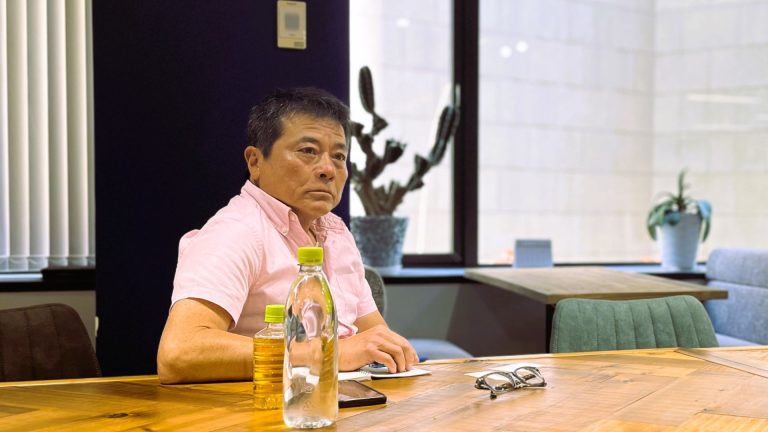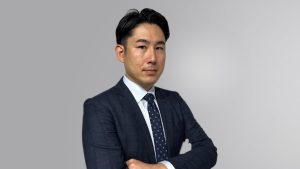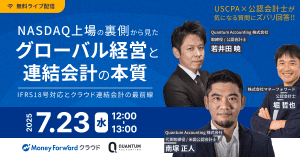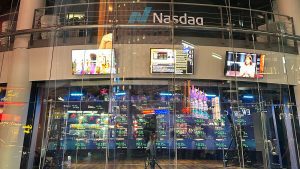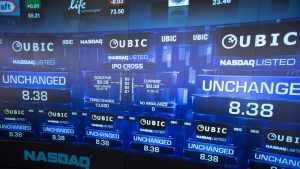Please note that the original article is in Japanese. The following is a summary of its content.
Introduction: A Dialogue on the Nasdaq Journey
This article is Part 1 of an interview with Mr. Koji Shinohara, the former CFO of Kura Sushi USA, Inc. (KSUSA) who led its 2019 Nasdaq IPO and has now joined Quantum Accounting (QA) as an advisor.
He joins QA’s CEO Masato Minamizuka, Executive Fellow Hiroyuki Sakai, and Advisor Hiroshi Nakata to discuss the factors behind KSUSA’s success, the challenges overcome, and the reasons why other Japanese companies often struggle in the US market.
The CFO’s Path to Kura Sushi USA
Mr. Shinohara’s career path includes roles at Arthur Andersen and KPMG, followed by a 12-year tenure in Silicon Valley as the US CFO for HOYA Holdings. In that role, he managed consolidated accounting, tax, treasury, internal controls, and M&A due diligence.
In 2017, a recruiter approached him for the CFO position at Kura Sushi USA, a Japanese company with the specific mission of pursuing a Nasdaq IPO.
Building a Public-Ready Foundation from Scratch
Mr. Shinohara joined KSUSA in September 2017 and faced immediate challenges. The company, then operating only 14 stores with under $50 million in revenue, had its accounting outsourced to a small local firm and lacked any formal internal controls.
Key challenges and actions included:
- Audit Readiness: Recognizing the existing structure would not withstand a PCAOB audit, he hired a new Controller to build an internal accounting function.
- Internal Controls (ICOFR): Although KSUSA qualified as an Emerging Growth Company (EGC), which provides a 5-year exemption from the audit of internal controls, it was still subject to SOX 302. This required management to certify the effectiveness of its Internal Control over Financial Reporting (ICOFR). The company had previously been “scoped out” of its Japanese parent company’s J-SOX requirements due to its small size.
- Financial KPIs: The team focused on communicating unique restaurant-industry financial metrics crucial for investors, such as comparable restaurant sales growth, Average Unit Volume (AUV), and Adjusted EBITDA (which normalized for pre-opening costs).
Navigating the Two-Year IPO Process
Mr. Shinohara provided a detailed timeline of the IPO journey:
- Securing Underwriters: The company initially struggled to gain the attention of investment banks. The breakthrough came by engaging an IR consulting firm, which used its network to arrange a “bake-off” in August 2018. This process led to the selection of BMO as the lead-left bookrunner and Stephens, a bank specializing in the restaurant sector, for the lead-right position.
- S-1 Drafting and SEC Review: The confidential filing was submitted in April 2019. This was followed by three rounds of comments from the SEC. Mr. Shinohara notes the SEC was particularly strict on Non-GAAP measures, ultimately prohibiting the use of their Cash-on-cash-return metric in the filing.
- Testing the Water & Roadshow: “Testing the water” meetings with QIIs (Qualified Institutional Investors) began in May 2019. The official 8-day, 5-city roadshow took place in late July 2019. The face-to-face meetings were demanding but successful, leading to the offering being over-subscribed.
- Pricing and Listing: The IPO was priced at $14 per share. The underwriters exercised the greenshoe (over-allotment) option, issuing an additional 15% of shares. The team took a red-eye flight to New York for the Nasdaq closing bell ceremony the very next day, where the stock price quickly surged past $20.
Overcoming Adversity: The Pandemic and IR Strategy
KSUSA performed well post-IPO until the COVID-19 pandemic, which caused revenues to plummet and the stock price to fall to $5.
During this crisis, the company secured a $6 million Paycheck Protection Program (PPP) loan from the US government. However, when other public companies (like Shake Shack) faced public criticism for accepting these funds, KSUSA decided the reputation risk was too high. The company returned the entire $6 million just three days after receiving it.
Part 1 of the interview concludes here. Part 2 will delve into the “hidden costs” of an IPO, talent strategy, and the realities of post-listing IR.
